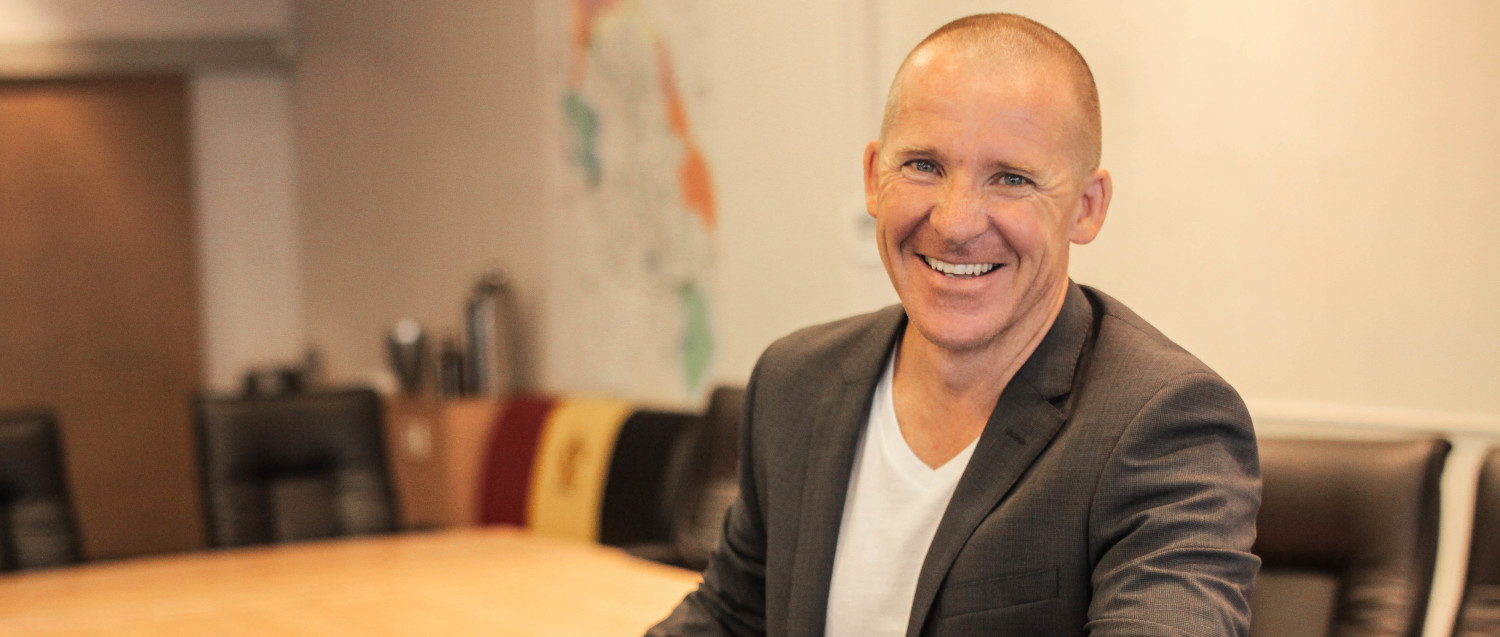
In the previous article we began to discuss what is required to help leaders get into the zone? Here are three more keys to ensure that you find the Zone…..
3. Monitor your Emotional Gauge
Our personal emotional gauge is often under-monitored. You may be intellectually inspired, physically fit, yet ‘emotionally depleted’. Figuring out how to replenish our emotional levels is vital. I like to audit my life by using a tool I call the “circuit board”. The left side of the circuit board I write down all the activities that are depleting my energies and causing stress (i.e., stressful meetings, intensive periods of work and/or tense relationships). On the right side of the circuit board I write down those activities that would replenish me proportionately (i.e., reading a novel, gym, time with friends, long walks etc.). If there is an excessive amount of draining activities and an absence of replenishing activities I know something needs to be done.

4. Practice Authentic Connection
When you are out of the zone it is difficult to open up to people. Work is on your mind and our state of tiredness causes us to protect ourselves. We build walls against any potential onslaught. However practicing authentic connection and being vulnerable is essential to our relational harmony.
We need to be relationally at peace. Studies indicate that 85 percent of happiness arises out of relationships. It also stands to reason then that 85 percent of our unhappiness will probably arise out of relationships. Tension in relationships causes insecurity, second-guessing and an erosion of confidence. It does not mean that you need to love everyone. Certainly not even like everyone. However, in your relationships, it is essential to walk with integrity and honesty. As far as it is possible resolve conflicts speedily.
Your Key Question: How can I connect with people in the midst of busyness?
5. Do what you are brilliant at
In order to be in the zone it is essential that you are operating in your strengths. It is common sense that you cannot perform highly at things you are not good at. Operating in your strengths builds confidence and this in turn validates your role. When people engage in their strengths they find the activities easy, fun / energising (when compared to others). They can mistakenly feel ‘it is not work’ and go to find something else ‘to do’ that feels like hard work, normally their weakness. Human resource management often talks about the notion of FIT; that our job needs to FIT us as people, harnessing our strengths and avoiding our weaknesses. By ensuring that the majority of your time is spent operating within your strengths, you will add most value to your business and keep yourself in the zone. By becoming an expert or highly proficient in your strengths others will come to respect and depend on your knowledge and expertise. Allowing you to operate more in your strength zone.
Your Key Question: What are your career strengths? How can I spend more time doing what I am good at?
Aiden Holliday

Please note: I reserve the right to delete comments that are offensive or off-topic.